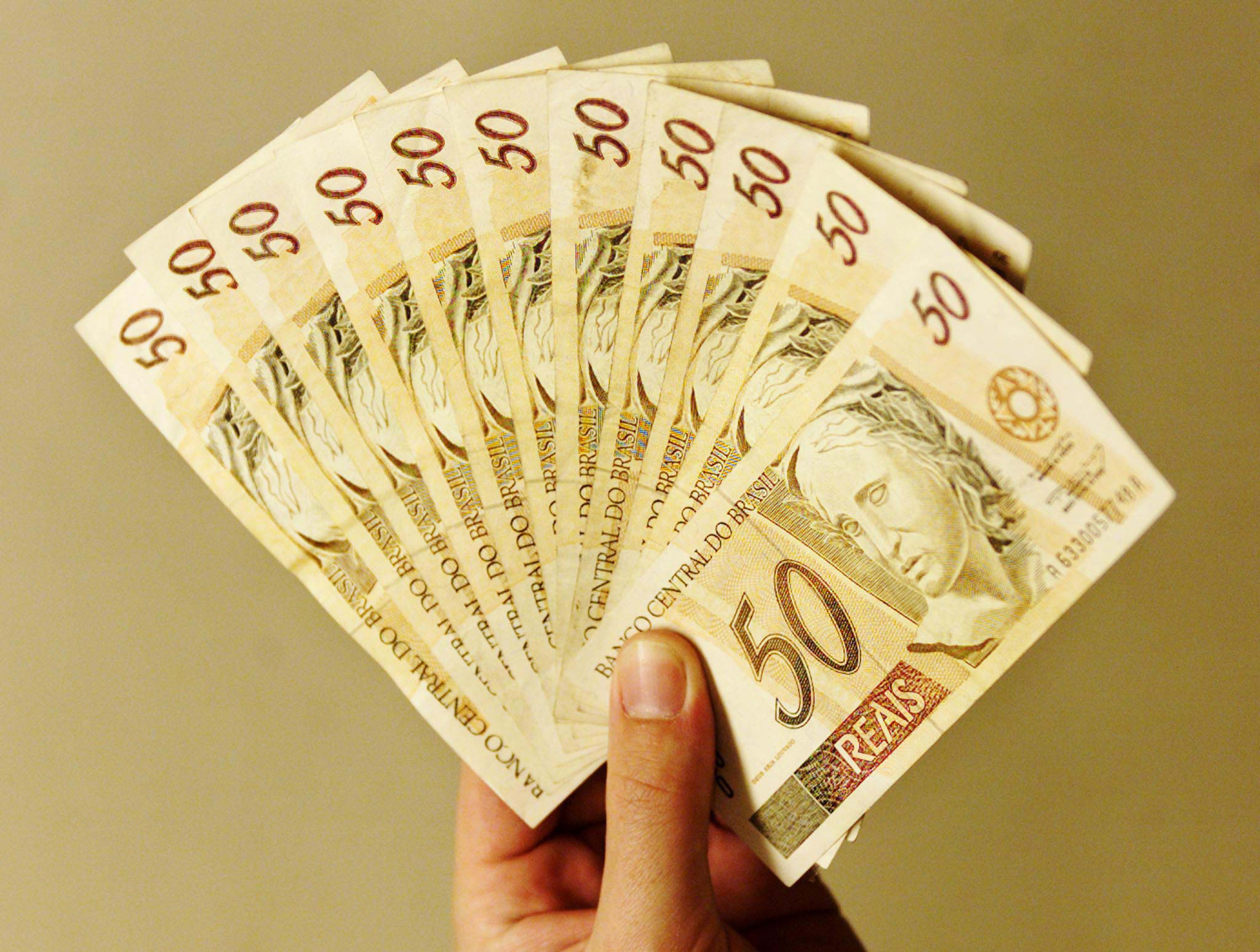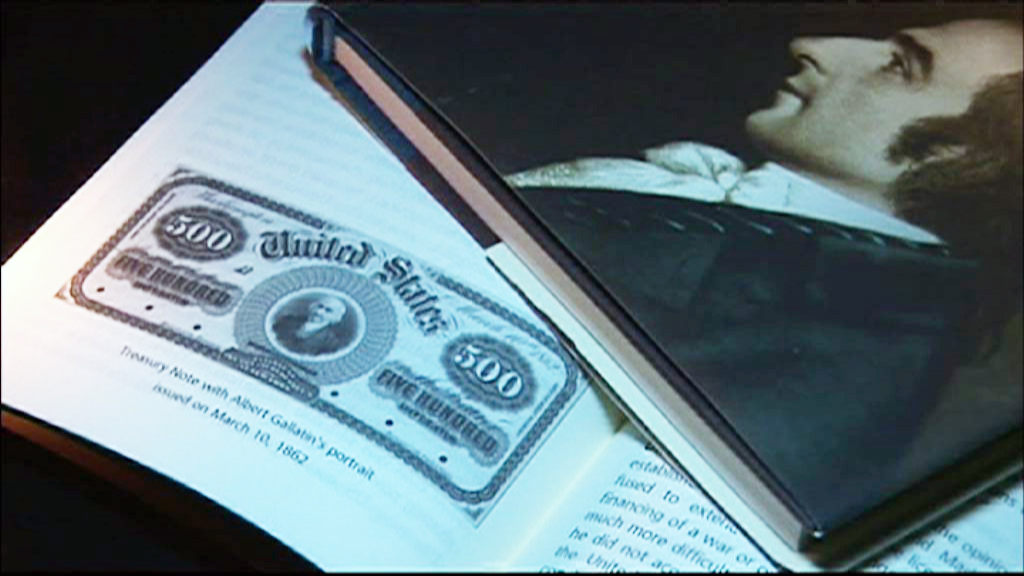Greek referendum will jolt “confused Europeans”

France is hosting a G20 summit in Cannes this week just as a Greek referendum threatens to blow a hole in the hard-won deal to fix the eurozone’s debt crisis.
Charles Wyplosz, professor of economics at Geneva’s Graduate Institute, welcomes the Greek plebiscite on the proposed European Union bailout, which he hopes will shake up the “confused” and “divided” Europeans.
The bailout was a “useless austerity imposed on the Greeks”, but the referendum is a chance to introduce an element of democracy in the process, Wyplosz tells swissinfo.ch.
Greek Prime Minister George Papandreou on Monday called a surprise ballot on a new EU aid package and said he would ask for a vote of confidence to secure support for his policy for the remainder of his four-year term, which expires in 2013.
swissinfo.ch: What can we expect from this G20 summit?
Charles Wyplosz: Not much as usual. The meeting is likely to be partly hijacked by the European crisis, but there is nothing much the summit can do. We may well see a continuation of recent eurozone meetings, while the rest of the world complains to the Europeans that they are messing things up instead of dealing with the crisis.
A number of other issues have been prepared relating to capital movements and capital controls, but they will probably take a back seat. And there will be the annual discussion on currencies and voting powers in the IMF.
The United States and Europe may be entering a recession, but President Obama tried to pass his job market programme through Congress and it was turned down so his hands are tied, and the Europeans are completely confused about what to do, so this summit is unlikely to be characterised by boldness.
I think the importance of the G20 is vastly overblown. It’s not the place to negotiate and take decisions. It’s too large and too diverse. It’s very useful – I have nothing against people talking and confronting each other’s views – but every time there is a huge rise in expectations followed by a huge let-down.
swissinfo.ch: What is your reaction to Greece’s decision to propose a public referendum on the bailout deal agreed last week?
C.W.: I’m totally elated by this referendum. The Europeans are mostly confused and on the wrong track, so they need a big shake-up to restart and get on a new basis.
I’m deeply shocked by the useless austerity imposed on the Greeks. The situation in Greece is deteriorating day after day and they are not going to improve their budget deficit while the economy is shrinking.
This is all decided in a very undemocratic way and imposed on the Greek government; its sovereignty is being infringed, so this referendum is a welcome occasion to introduce an element of democracy in this process, which has been extraordinarily technocratic.
It’s also a very important reminder to the political leaders that they are creating tremendous pain imposing an austerity cure in the middle of a recession, which is bound to fail; it is visibly failing.
swissinfo.ch: The European debt deal is likely to come under scrutiny from other G20 members such as the US, China and India. What reactions or support do you expect?
C.W.: The Europeans have been courting China and Brazil and a few others to get some money, which is ludicrous. They have the resources they need to solve their problems, but they are just too confused and too divided. I’m sure others will give a bit of money as a token gesture and as a way of getting some leverage over the Europeans.
I very much hope there will be strong words from the other G20 members to the Europeans to tell them they cannot continue messing things up like that. It’s been two years that they’ve gone in the wrong direction at each turn.
swissinfo.ch: Switzerland came out of the 2007-2008 economic crisis well compared with its European neighbours, but despite efforts to control the Swiss franc there has been a recent spate of job loss and relocation announcements by Swiss firms like Credit Suisse, Novartis, Schindler and Kudelski. How do you see this evolving?
C.W.: Switzerland is deeply integrated in Europe, so when there are problems in Europe, Switzerland also has to be in some sort of trouble. Exports are being affected and some firms may decide to relocate. Switzerland can’t just expect Europe to be collapsing around it and remain unaffected.
swissinfo.ch: Certain lobbies say the Swiss National Bank (SNB) should raise the minimum exchange rate target of SFr1.20 to the euro to safeguard jobs. Is this realistic?
C.W.: Industrialists are clearly fighting for their own interests, which are not necessarily those of the rest of the population.
The SNB has made a very bold gamble that is working, but if the situation seriously deteriorates in Europe and there is a full-blown banking crisis in Europe, which is a very likely possibility, pressure will build up again on the Swiss franc.
So obviously the higher the level, the harder and more challenging it will be for the SNB to hold the line. But whether it’s SFr1.20 to the euro or SFr1.30, it won’t make the life of the SNB that different; it just raises the boldness of the gamble.
Charles Wyplosz, born in 1947, is professor of international economics at the Graduate Institute of International and Development Studies in Geneva where he is director of the International Centre of Money and Banking Studies.
Previously, he has served as associate dean for research and development at INSEAD and director of the PhD program in economics at the Ecole des Hautes Etudes en Science Sociales in Paris. He holds a PhD in economics from Harvard University.
He advises various officials and organisations: European Commission President José Manuel Barroso, the European Parliament, International Monetary Fund, World Bank, United Nations and the Asian Development Bank French Finance Minister and the government of the Russian Federation.
The Euro Summit reached an agreement on October 26 on a set of measures aimed at easing tensions in the financial markets, in particular concerns about Greece’s capacity to service its debt.
Those measures include reducing Greek public debt of Greece 120% of the country’s GDP by 2020.
Private creditors have also agreed to write off 50% of the Greek debt they hold.
Eurozone member states will pitch in up to €30 billion (SFr36.6 billion) to the private sector involvement package.
On top of this, the EU and the International Monetary Fund will finance a new multiannual programme for Greece, worth up to €100 billion.
The resources of the European Financial Stability Facility (EFSF) should also be increased in the future. Around €1 trillion would be available to help prevent the debt crisis from spreading further.
The EFSF currently has a lending capacity of €440 billion, with about €250 billion available once aid to Greece, Ireland and Portugal has been taken into account.

In compliance with the JTI standards
More: SWI swissinfo.ch certified by the Journalism Trust Initiative














You can find an overview of ongoing debates with our journalists here . Please join us!
If you want to start a conversation about a topic raised in this article or want to report factual errors, email us at english@swissinfo.ch.